|
By: Cheyenne Taylor We were thrilled to meet with our law enforcement partners for this year's National Night Out events on August 6th. We joined many families, community members, and businesses in sharing information about our agency and our partnerships with law enforcement, eating great food, playing games, and connecting with the community and officers. Each year, we connect with more individuals and learn about the resources available for survivors in our community. This event not only allows our agency to share about our services and the great partnerships we have with law enforcement, but a chance to interact with community members who are victims themselves or know someone who is. Being a part of this event helps to bridge gaps and strengthen lasting partnerships. We want to thank our law enforcement partners for their part in continuously protecting the community and for being wonderful hosts. We are grateful to be a part of a community that cares.
By: Cheyenne Taylor and Savannah Archer Trauma-informed care describes an approach in health care and social sectors that reviews a person's life experiences to provide the most effective outcomes. At Beacon of Hope Crisis Center, we understand that each victim is different and unique and has varying preferences for how they would like to be supported. We recognize that we will not hear every detail of a victim’s background and that every person we encounter has their own story and history of trauma. We let victims lead and never force them to do anything. Victim advocates show up to help victims learn about abuse, identify options, and make personalized plans that meet their needs. We do our part to give them the tools to empower them to make the best decisions for themselves. Victim advocates also do their part to engage in continued training and education to help victims in whatever they face. For example, victimization from an intimate partner increases a victim’s risk for depression, PTSD, substance use, and suicidal ideation (National Center on Domestic Violence, Trauma, and Mental Health). The effects of domestic violence and sexual assault can be more complicated by factors including mental health, addiction, ability, race, immigration status, cultural beliefs, and more. Keeping these things in mind encourages us to check in with victims physically and mentally. This is also why we’ve enhanced our adaptability to serve all victims. Beacon of Hope Crisis Center has translated materials to raise awareness, interpreters are readily available, and our website has integrated Recite Me assistive technology to enable our web visitors to customize their digital experience to suit their needs.
The impacts of COVID-19 have also put additional stress on victims and their families. Victims are struggling to find housing, employment, and healthcare. These are all essential to maintaining independence and alleviating mental health crises. We are grateful to offer victims free domestic violence and sexual assault counseling. However, some victims need mental health resources with treatment for different conditions, medication, and an approach with a healthcare team. Victim advocates have also strengthened healthcare referral options, including helping victims obtain insurance, connect with a primary care doctor, access emergency healthcare, and, when necessary, connect to specialists for head, neck, and strangulation injuries. We help victims find affordable housing and new and better employment, learn about credit, and work toward their financial goals. To do those things, mental and physical health come first. Many victims are used to ignoring or pushing their own needs aside. Through the intake and follow-up process, we encourage victims to care for themselves, as it is an essential part of their healing journey. We could not make progress for those in need without building rapport, listening, and recognizing there is always more to learn. We often see that when a victim contacts us for help, it is not the first time they experienced victimization. Children who witness violence have a higher chance of experiencing abusive relationships or becoming abusers themselves. Additionally, people who have experienced abuse previously in relationships have a higher risk of revictimization (National Library of Medicine). Asking about their history of violence can help us identify solutions, which might help them process current and past trauma. No matter how long it has been since the abuse occurred, victims deserve access to confidential support, free services, and help navigating the next steps without judgment. There are no timeline criteria for victims seeking our services. Whenever they are ready, we are there to listen and believe them. By: Cheyenne Taylor and Sandra K. Ziebold When discussing crime and prevention in domestic violence, we must discuss escalation. Escalation describes when abuse intensifies, either suddenly or gradually. It can also include perpetrating another form of abuse. Victims might stay with their abusers because they believe they can "handle" the abuse. They think things will improve and be how they used to be or blame themselves. When abuse escalates, victims might start realizing they do not have control and feel trapped in the relationship. Escalation also occurs when victims are considering leaving or have attempted to end the relationship. Reports show that 75% of all serious injuries in abusive relationships happen when the victim ends the relationship (National Domestic Violence Hotline). Identifying abuse is happening is the first step to getting help, but finding the courage to leave with limited self-confidence can be extremely challenging. We encourage victims to connect with supportive services to plan their exit, discuss the abuse to build their network, speak with professionals, and take necessary belongings when fleeing. Abuse thrives behind closed doors. Perpetrators of domestic violence rely on the silence of their victims to keep them trapped in the cycle of violence. As allies, we can all be there to listen and believe victims who come forward to report, seek help, or talk about their experiences. Our efforts here at Beacon of Hope Crisis Center are heavily focused on those most at risk of violent domestic violence victimization. In partnership with law enforcement, we are helping to reduce violence and the chance of felony assaults and domestic homicides by working to intervene early before domestic violence escalates. Providing victims with intervention and prevention services helps to reduce crime in our community. It can take approximately seven attempts before a victim permanently leaves an abusive partner. Many factors are at play, and the risk of death is highest when fleeing. The earlier we can intervene and provide mitigation options for all the barriers facing these victims before the violence escalates, the better for us all. The harm to pets, children, and primary victims is exponential, and with each passing day and traumatic incident, the damage compounds. It's more than the horrific long-term trauma, physical life-altering harm inflicted on many and the risk of death; it is also the shaping of the minds and behaviors of the silent witnesses to these crimes. Many children are at significant risk because they witness this model of unhealthy relationship behavior, and sadly, many then become victims or abusers. We must do all that we can to help break the cycle. By intervening early, we can help the primary and secondary victims by giving them the chance for a new, safe life free from the grip of domestic violence. When we can intervene early and get victims safe before domestic violence escalates, we are helping to reduce violence and the chance of felony assaults and domestic homicides. Beacon of Hope Crisis Center served 1,430 new victims of crime in 2022. While serving those new victims, we provided 35,580 case management services and 12,022 follow-ups to existing survivors seeking services. To better serve those in need in our community, we continue to enhance our services, intake process, and accessibility. Out of the 1,430 new victims that requested assistance, two hundred and three disclosed that they were homeless, thirty-four that they were in a same-sex relationship, one hundred and twenty-seven had a disability, sixty-eight had limited English, twenty-eight were undocumented, six were deaf, six were veterans, and forty-eight were pregnant. Six hundred and eight out of the one-thousand four-hundred and thirty cases had children living in the home, and two-hundred and three of the one-thousand four-hundred and thirty had DCS involvement where the child/children were the victims of domestic violence and/or sexual assault or witnessed the violence. Domestic violence is not just physical. It can be emotional, verbal, financial, psychological, sexual, spiritual, and social. Often, in the cycle of abuse, as abusive situations escalate, things do become physical. The prevalence of head trauma and events of strangulation are unfortunately high in this population. It makes screening for brain injury in the intake process when working with individuals who have experienced domestic violence crucial. Too frequently, this is not identified or not identified timely and prolongs the suffering of those who have sustained this trauma. As mentioned earlier, we continue to improve our intake process. This is very exciting because we are asking the right questions, and we need to ask them to intervene in a timely manner. This means that our enhanced intake process is identifying those who have sustained head and neck trauma and strangulation victimization faster. When a victim meets the criteria for critical medical imaging and potential brain injury assessment, we educate them about the medical emergency and refer them for critical medical services. This is a life-saving measure, and we are so proud of this innovative approach! In addition to our intervention and prevention services giving victims access to safety and services and helping to reduce the escalation of crime by abusers, it also can lead to reduced runs by law enforcement to 911 domestic calls. Every time an officer responds to a domestic, the risk of harm to the officers increases with each repeat call because violence escalates. Additionally, men who strangle women are the most dangerous men on the planet. Data shows that cop killers and mass murderers almost always have a history of strangling victims. According to Casey Gwinn, President and Co-Founder of Alliance for Hope International, “Domestic violence stranglers, usually after being trauma-exposed children, are the why of mass murders, and guns are the how." We must intervene as early as possible; we must continue to try to intervene as many times as needed. We must offer prevention services and provide access to everyone; that is critical to mitigate barriers. In 2022, our agency served 301 new victims who reported strangulation victimization in one year. We continue to see a high monthly average of those we serve reporting strangulation victimization. Our intervention and prevention services unequivocally are vital to crime reduction, and a collaborative multi-disciplinary approach is how we best serve those in need. One of the main ways we intervene and prevent further violence is by educating victims on escalation, dangers of strangulation, safety planning, and much more. The more knowledge a victim has in their pocket, the better they can anticipate their abuser's actions, what that means for their safety, and how to respond accordingly. Victims unaware of the dangers often experience multiple strangulation events and think they are OK. They might experience behavior changes, headaches, vision issues, and other symptoms due to the trauma to their head and neck. Victims often turn away the option of seeking immediate medical care due to a lack of education and knowledge about the risks they are facing. We are here to help victims learn, access help, and change the course of their lives. In many cases, we prevent felony assaults and domestic homicides.
Beacon of Hope Crisis Center is pleased to announce the appointment of Jennifer McCloud as the new Chair of our Board of Directors. An experienced nonprofit leader in the Indianapolis community, Jennifer currently serves as Vice President of Development and Marketing for Steward Speakers, Inc., and is also a member of the leadership team at The Indianapolis Foundation. Jennifer formerly served as the Director of Chancellor's Office Operations at Ivy Tech Community College. She knows that it takes vision, creativity, and strategy to transform and support mission-focused organizations toward sound sustainable outcomes. She intuitively creates organizational cultures where operational effectiveness is enhanced by developing staff and preparing them to better understand the interconnectedness of operational areas, enhancing collaborative efforts, while achieving strategic goals, developing others, and creating advantage. Attuned to creating legacies, she welcomes and looks for opportunities to build future leaders and develop initiatives that further support long-term sustainability.
Jennifer was initially appointed to BOHCC's Board in 2021, serving most recently as Vice-Chair of the Board of Directors. Jennifer is drawn to the innovative work being done at Beacon of Hope Crisis Center that focuses on reducing crime. She understands that when we can intervene early and get victims safe before domestic violence escalates, we are helping to reduce violence and the chance of felony assaults and domestic homicides. Beacon of Hope Crisis Center appreciates Jennifer’s continued leadership on the Board in her expanded role and the contributions she will make toward the continued growth and success of our work serving victims of crime. By: Savannah Tipton Beacon of Hope Crisis Center is celebrating another fantastic year with Sandra Ziebold, our Chief Executive Officer / Executive Director (CEO/ED). Over these last six years, she has made great strides in ensuring that victims receive timely and adequate services as well as the success of the agency. She has significantly grown this agency from increasing the number of advocates to the number of victims we have served under her leadership, to the numerous partnerships we have built. Under her direct leadership, advocates been able to go above and beyond in providing services to victims. She has continued to show up in the face of adversity to ensure our services are available to victims in the community throughout this pandemic.
Sandy has continued to prioritize the health and wellness of her team and the victims we serve. She has made steps to reduce the barriers many victims face to ensure victims can receive advocacy services and can access the free services available to them. She has expanded our programs allowing them to be more accessible to victims, especially during this ongoing pandemic. She is an inspiring leader that has developed a team responsible for helping both human and pet victims impacted by domestic violence and sexual assault. We want to express our deepest gratitude for Sandy’s time and efforts to help others. We look forward to having many more wonderful years with you! Happy Work Anniversary! By: Cheyenne Taylor This past Thursday, we were given the opportunity to celebrate being selected as a finalist by the remarkable women of Impact 100 Indy. Our agency is so fortunate to have been a part of this experience. We were chosen out of many great organizations to be a finalist for the Impact 100 Change Maker Grant.
At Impact 100 Indy’s Rock the Boat event, we were able to hear about the other amazing organizations that were selected as finalists and from the grand prize winner of the grant, Neighborlink Indianapolis, and learn more about the Impact 100 Indy organization and their impact on our communities. To be in a room with so many people looking to make a positive impact on our community has left us in awe. We were also pleasantly surprised with a certificate as a finalist and were given the opportunity to share how we have been able to save even more pet and human lives thanks to Impact 100’s award to our agency. Thank you to the other finalists and the winner for inspiring us to continue in our endeavors and for being the change we wish to see in the world. Thank you, Impact 100, for giving us all the space to share our passions, our visions and positively impact our communities. With an organization like Impact 100 Indy in our community, we know that so many people’s lives will improve and so many lives will be positively impacted due to their work. We are grateful to be one of many organizations that have felt that positive impact. By: Savannah Tipton This year's National Night Out events were a success, with lots of fun activities, experiences, and great company! It was great to see everyone relax and have fun. There was a variety of information and organizations present at each location. Some of the highlights included delicious food, snow cones, bounce houses, mini ponies, face paintings, caricatures, and so much more! Thank you to our law enforcement partners for organizing these wonderful opportunities for agencies, law enforcement, firefighters, and the community to come together.
It was lovely to see everyone present and enjoy each other's company on a beautiful summer day. We want to thank all officers for showing up to participate and creating new connections. We are so grateful that we had the opportunity to share information about our agency, our services, and show our support for our law enforcement partners. We had a fantastic time at National Night Out and cannot wait to attend again next year. -Beacon of Hope Crisis Center Team We want to give a special shoutout to Futuro Indy, a local pizzeria that gave us a wonderful donation of over $1400. We were pleasantly surprised to receive this amazing news, and are incredibly thankful for this community support. Thank you to Futuro Indy and everyone that came out to show survivors they have allies. Donors really make all the difference in making sure the needs of survivor's are met. Their support means that the survivors we serve can continue to utilize our free services and life changing resources. Thanks again Futuro for your donation! #SupportSurvivors
By: Cheyenne Taylor We want to take this opportunity to give a huge thank you to IndyVet Emergency & Specialty Hospital for their generous donation. IndyVet is an essential 24hr emergency veterinary hospital working around the clock to provide relief and help to Indianapolis pets. They remain a dedicated partner with Beacon of Hope Crisis Center, and once again, they have taken philanthropic action to better our community and have donated $5,000 to our agency.
We are so grateful for their on-going support and partnership with our Foster Pet Program. Pets are victims of domestic violence too and partnerships like this help us save the lives of pets, individuals, and families. When incidents of domestic abuse and pet abuse are located on maps and then you overlay those maps the link between domestic violence and pet abuse is undeniable. This donation will have a massive impact on the lives of those seeking our services. Organizations like IndyVet Emergency & Specialty Hospital exemplify the strength and selflessness that is prominent in Indianapolis, and we deeply appreciate them for helping us and Indianapolis survivors once again. “I cannot state emphatically enough how much the supportive partnership with Dr. Speiser, his partners and his entire IndyVet team are valued and appreciated for all that they do. Take a moment if you are not familiar and visit their website and location. Consider signing up with us to temporarily foster a pet while their family member(s) heal and safely get resettled then that pet victim can be reunited with their family.” – Sandra K. Ziebold, CEO Beacon of Hope Crisis Center We are so proud to have partners with giving hearts like IndyVet Emergency & Specialty Hospital. They are paving the way to change by showing up to help pet victims, and we want to encourage everyone to follow their lead as they set this incredible example for our community. Thank you again, IndyVet Emergency & Specialty Hospital, for your donation and all your hard work! By: Katie Schneider Domestic violence and sexual assault can cause lifelong negative impacts on a victim’s mental and physical health. Victims that are in marginalized communities face more barriers to accessing services than those who do not. A marginalized community is a group of people who for whatever reason are denied involvement in mainstream economic, political, cultural and social activities. [1] They tend to be underserved when it comes to receiving services for domestic violence and sexual assault. People who are living with trauma from domestic violence and sexual assault within these communities may be scared to turn to those that can help them (community resources or law enforcement).
Beacon of Hope Crisis Center breaks down barriers by offering services to everyone that walks through our door or calls our crisis line. We work alongside community partners to provide language services, refer clients to free legal assistance, safe housing, and much more. Training our advocates to be culturally aware and helping to make survivors feel as comfortable as possible in times of healing. Beacon of Hope Crisis Center also provides services at no cost to any of our clients. Free and completely confidential. This way there is no economic barrier to receiving services either. Our Economic Sustainability Program aims to empower survivors to become self-sufficient and financially independent after experiencing abuse. Domestic violence and sexual assault alike do not discriminate against race, gender, sexual orientation, religion, citizenship status or any other demographic. It can happen to anyone. No one deserves to live in the grip of domestic violence or sexual assault. Abuse is never the victim’s fault. Beacon of Hope Crisis Center serves ALL individuals seeking assistance after domestic violence or sexual assault victimization. Call our confidential and toll free crisis line to speak with an advocate. Crisis Line: (317) 731-6140. [1] https://yali.state.gov/five-ways-to-be-an-ally-to-marginalized-groups/ -groups/ |
About this blog
This blog is about our domestic and sexual violence crisis center, Beacon of Hope. We hope you find it full of helpful information, motivation, creativity, serious facts and positivity. We hope that it will help you know what is happening in our center, in our community and with our events. We hope you follow our blog in support of our organization and our mission. Archives
October 2024
Categories
All
|
|
CAREER opportunities © 2024 Beacon of Hope Crisis Center Privacy Policy Accessibility Statement Training Portal Login |

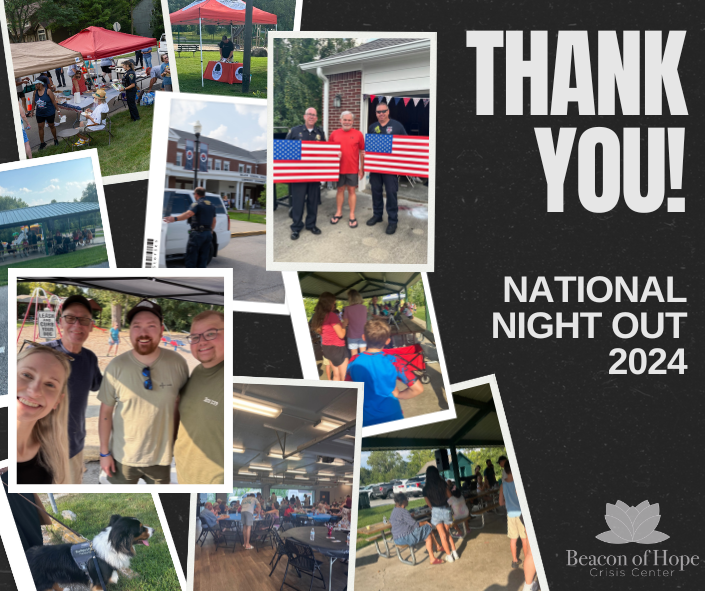
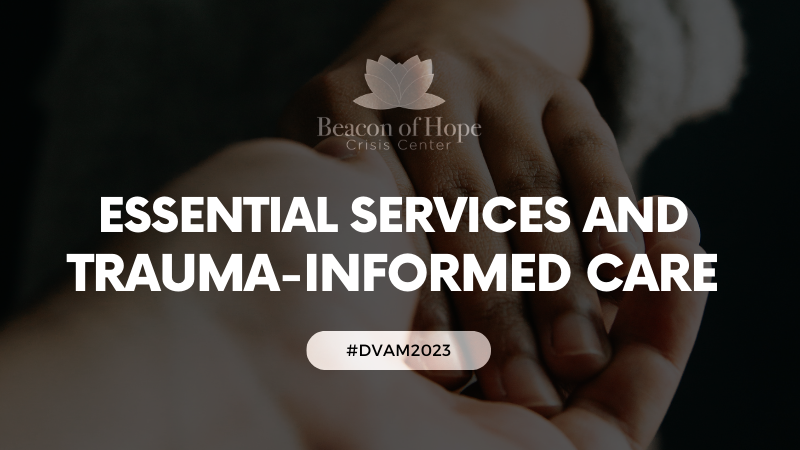
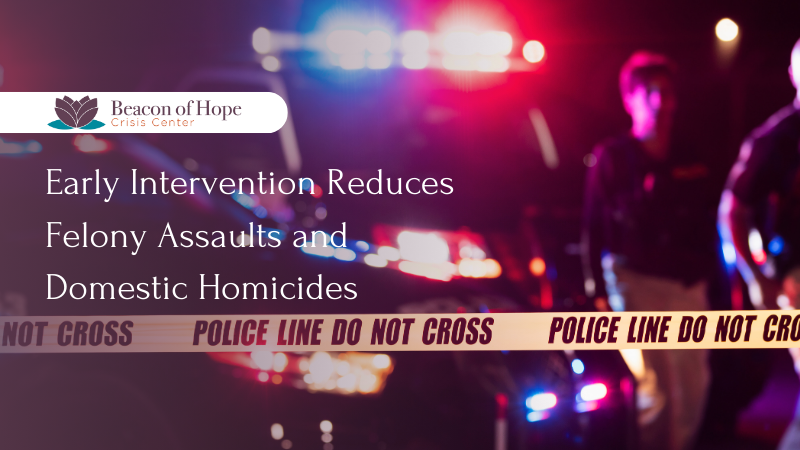
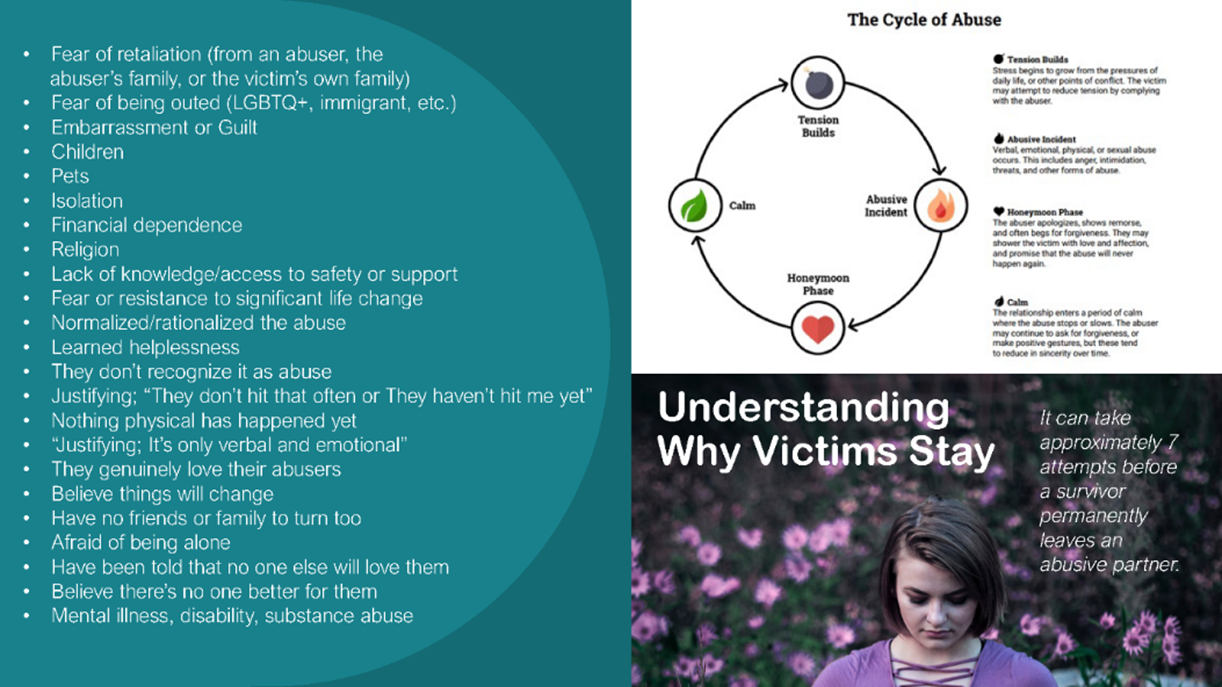
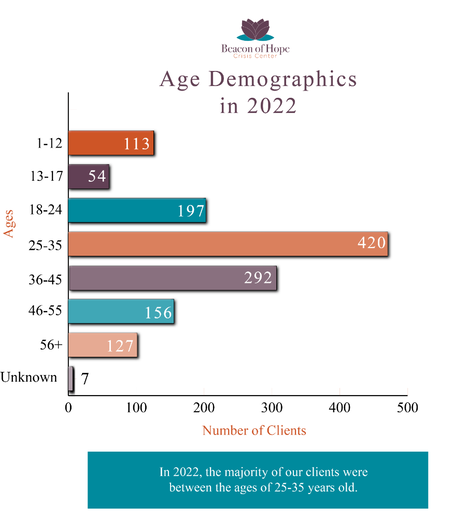
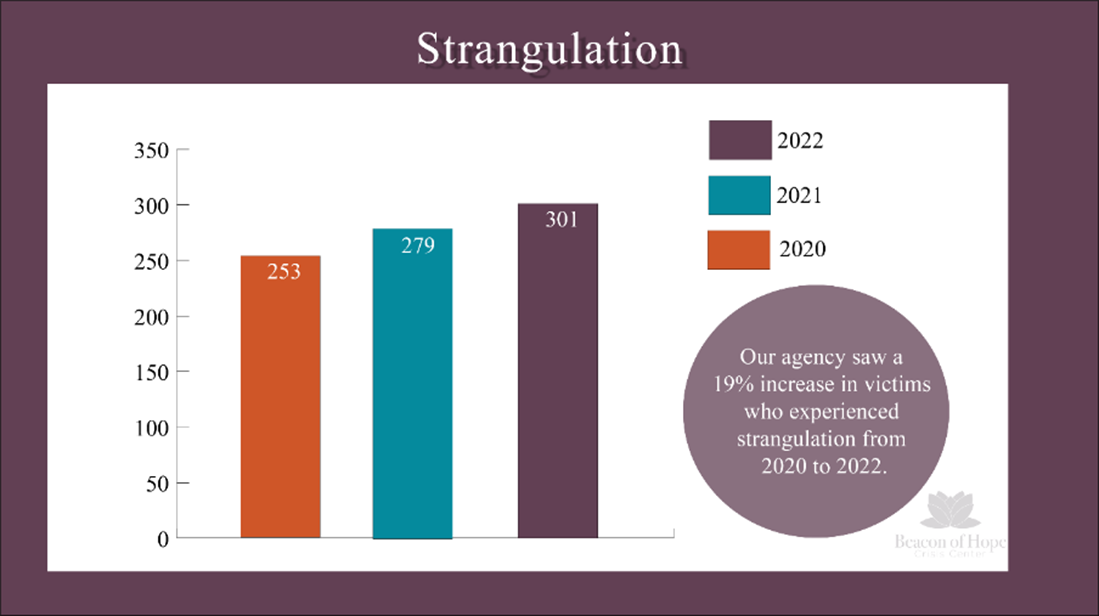
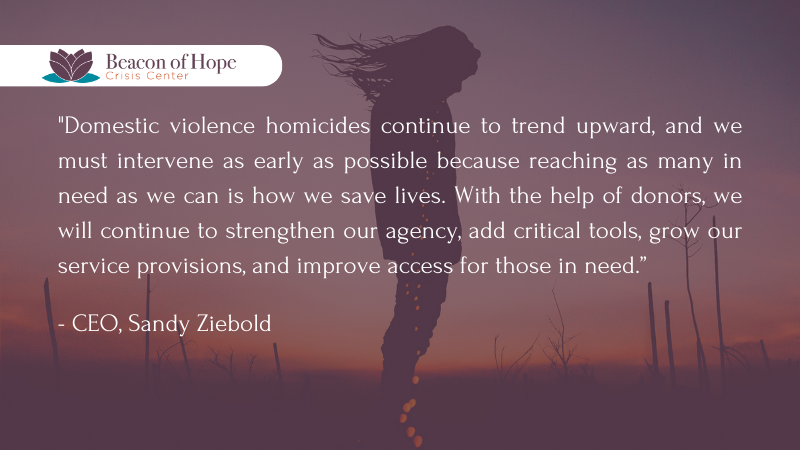


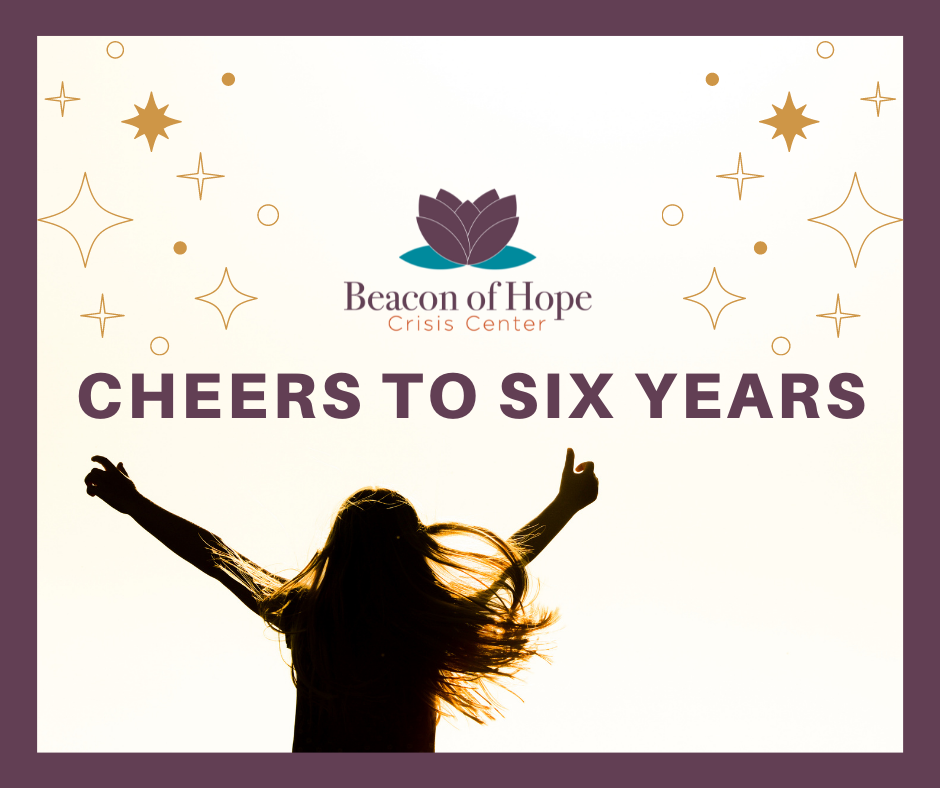
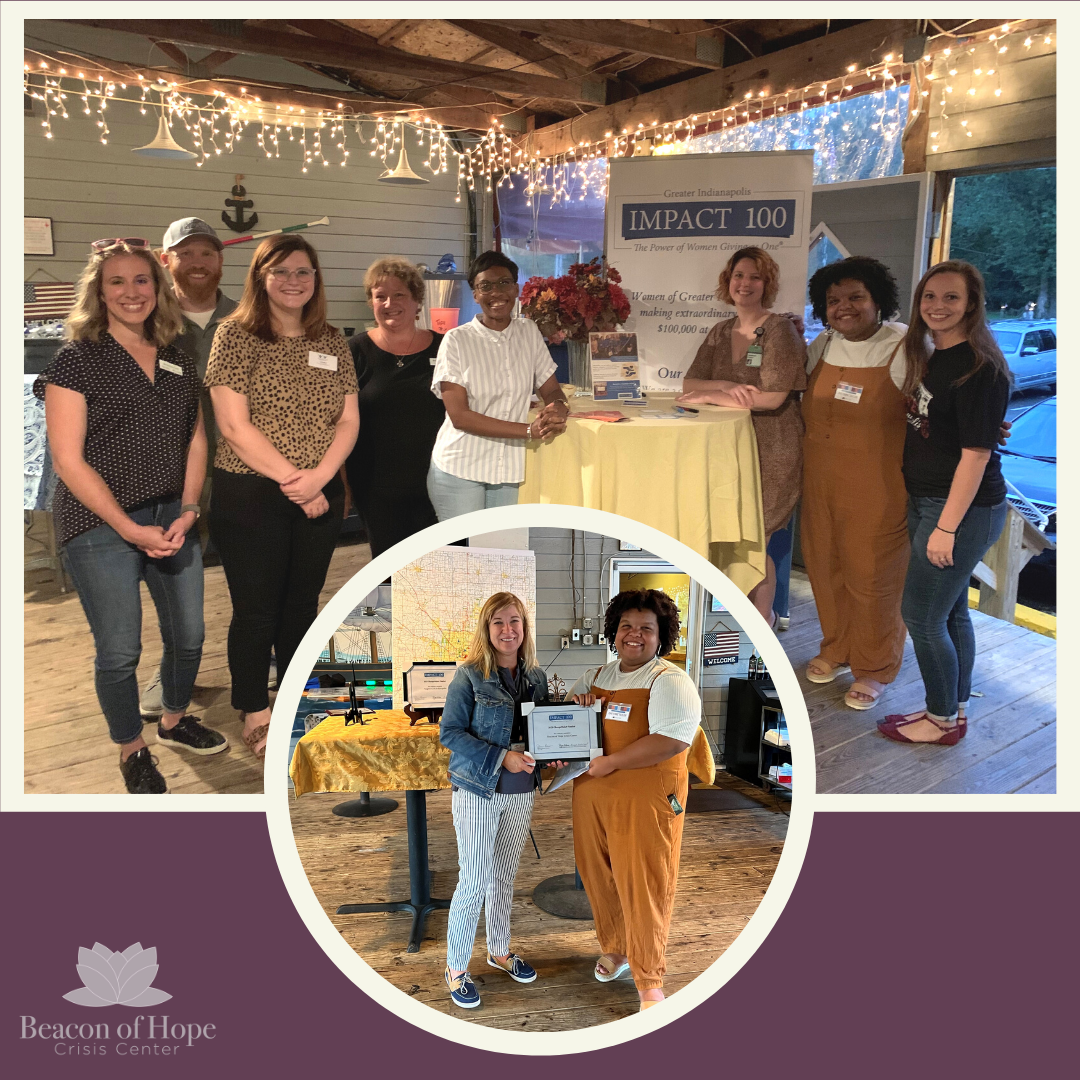
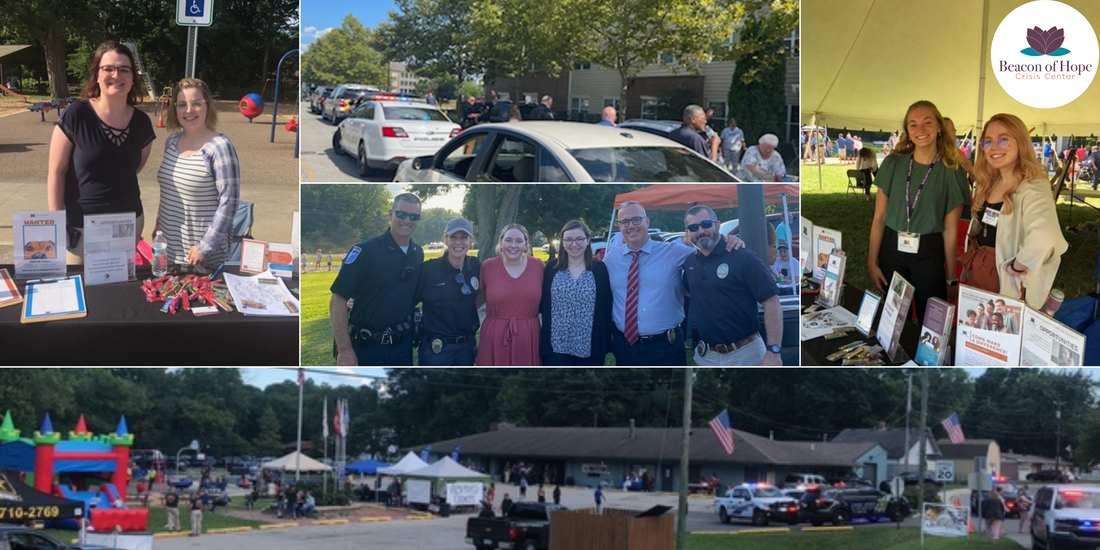

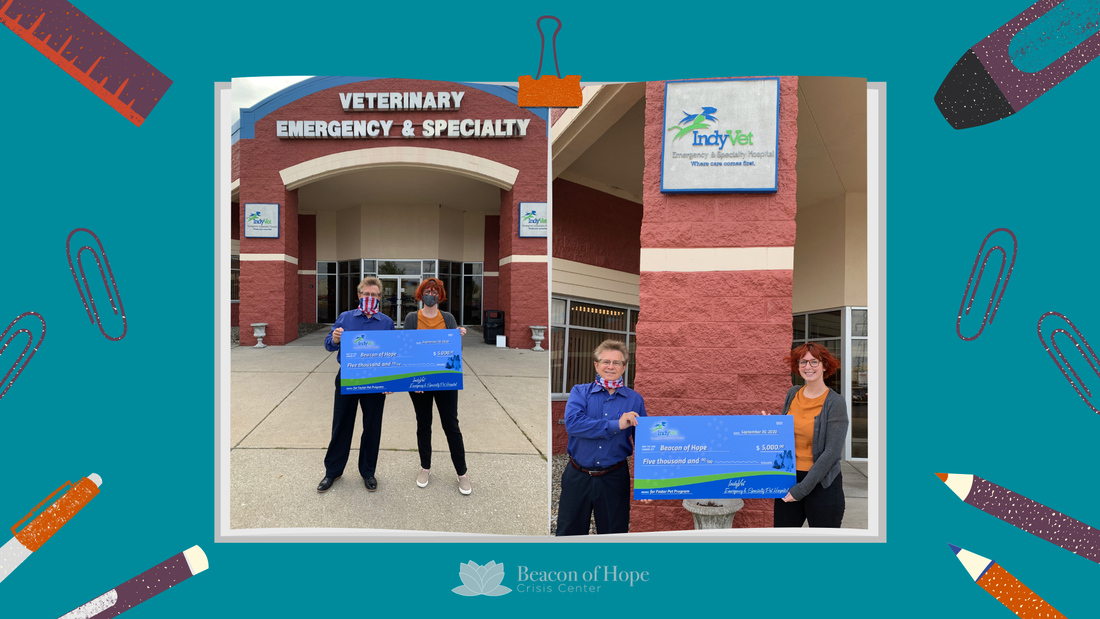



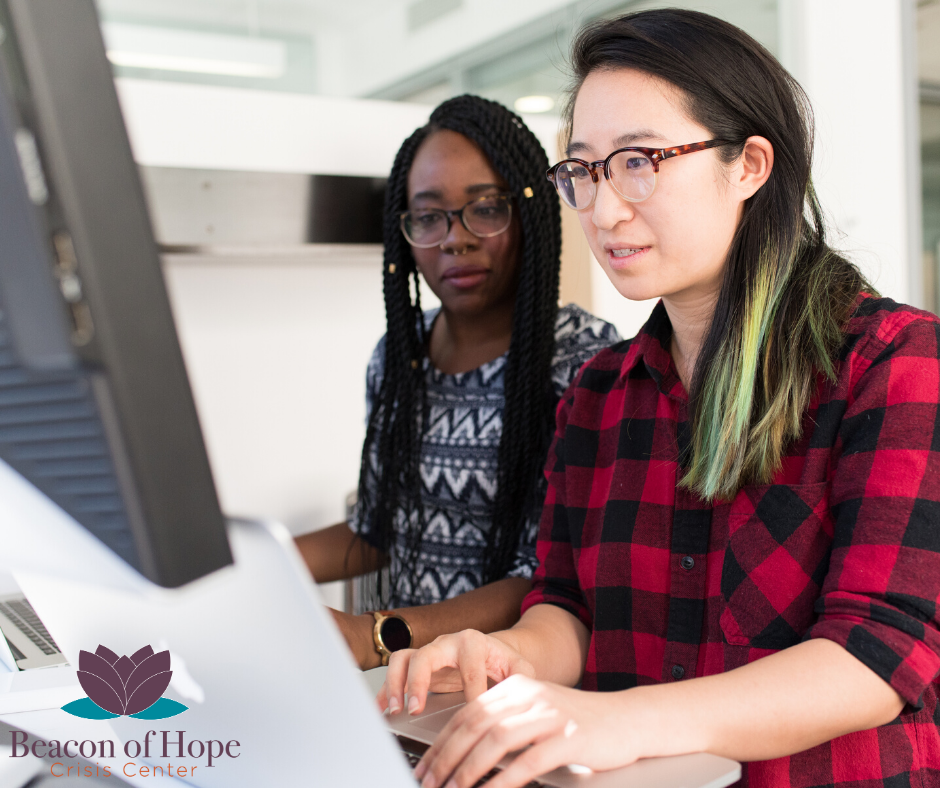
 RSS Feed
RSS Feed